The phonetic poetic; explore the wondrous worlds in which poetry and sound collide.
 £215.00 *
£215.00 *
 £215.00 *
£215.00 *
The phonetic poetic; explore the wondrous worlds in which poetry and sound collide.
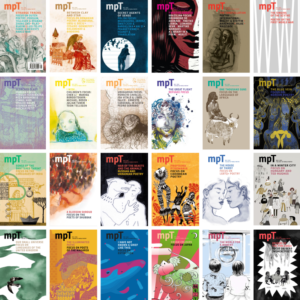 £135.00 *
£135.00 *
Beyond the Anglophone – discover indispensable international verse from MPT.
![Technique 3.0 [How to Discover or Disown It]](https://poetryschool.com/assets/uploads/2024/10/Technique-How-to-Discover-or-Disown-It-2.0pexels-suzyhazelwood-1762973-300x300.jpg) £260.00 *
£260.00 *
What training do you do to sustain and maintain yourself as a poet? Explore the essential work of writerly ‘technique’, in an all new edition of this ever-popular course.
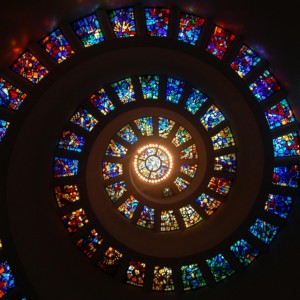 £135.00 *
£135.00 *
Writing in response; capturing the life of poetry, in poetry.
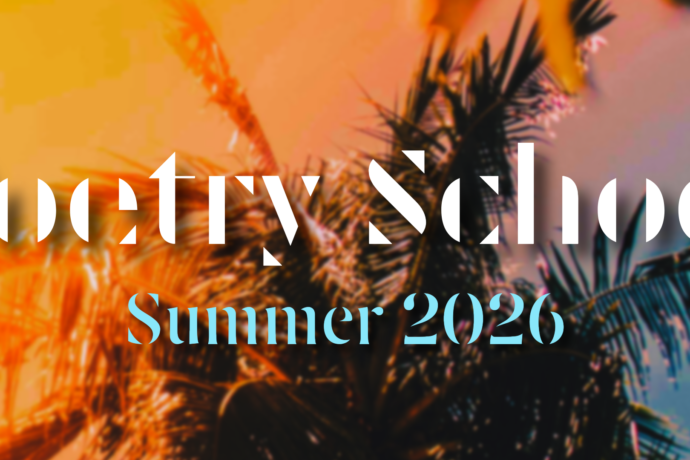
Our Summer Term is now live! We have a whole host of brilliant tutors and poetry courses ready for you to pick from and, as they tend to sell out really fast, we’ve made this Summer 2026 Quick Course Guide to help guide you to the right course. Online Courses INTERNATIONAL Online courses without Live…
Read More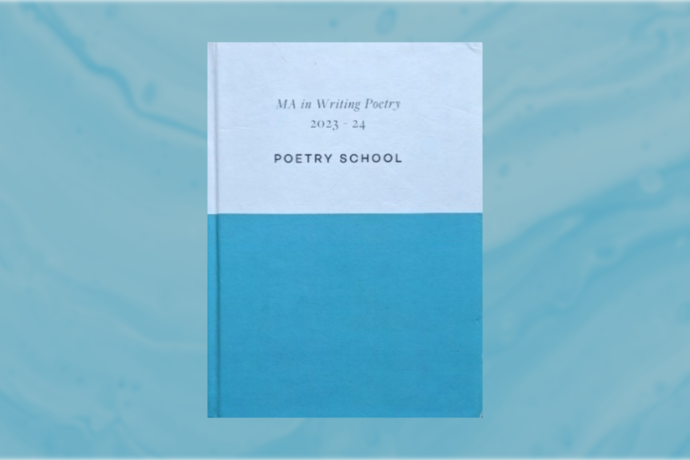
As we prepare for another MA Open Day, poet and MA Graduate Suzanna Fitzpatrick reflects on Graduation Day 2025. Image Credit: Suzanna Fitzpatrick Sometimes we all need a buffer I write my first lines of the Poetry School MA in Writing Poetry in the brand-new notebook I’ve just been given. It’s our first workshop with…
Read More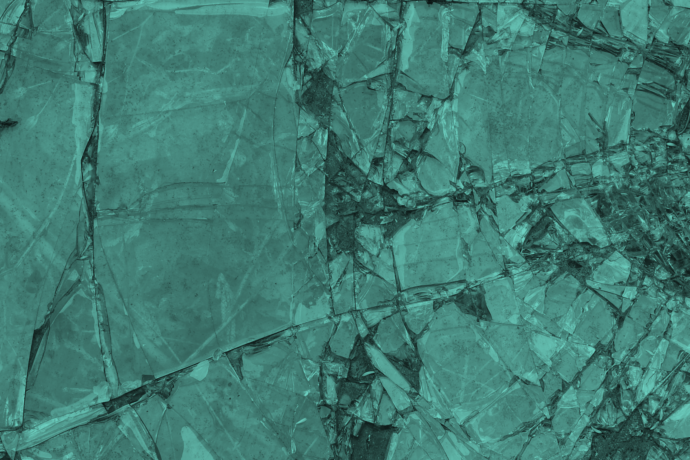
In preparation for our launch of the Laurel Prize 2026, we are proud to present a beautiful blog and two stunning new poems from our Laurel Prize Poet in Residence, Manisha Dhesi. Over the prize weekend, Manisha attended two workshops ran by Kathleen Jamie and Daljit Nagra, as well as the Laurel Prize-Giving Ceremony. Read…
Read More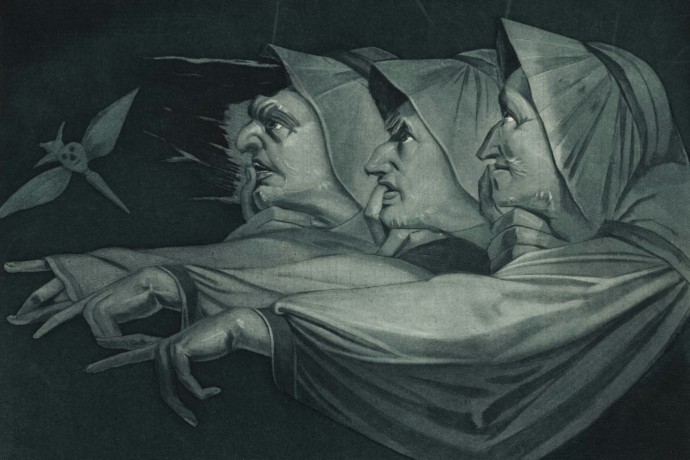
As part of our Poetry Queries series, Helen Ivory discusses whether menopause can make you a better writer. Menopause is still often seen as a taboo topic. How can writing about this life transition help women reclaim their voices? I believe that women’s voices are repressed their whole lives in one way or another. From childhood, girls are encouraged to be nice, to use…
Read More
On Saturday 14 March The Poetry School will be holding an MA in Writing Poetry Open Day, led by our MA Manager and poet Tessa Foley. Do I have to register to attend? Yes, in order to attend you must register. To do this, please contact [email protected] and you will be added to the register….
Read More